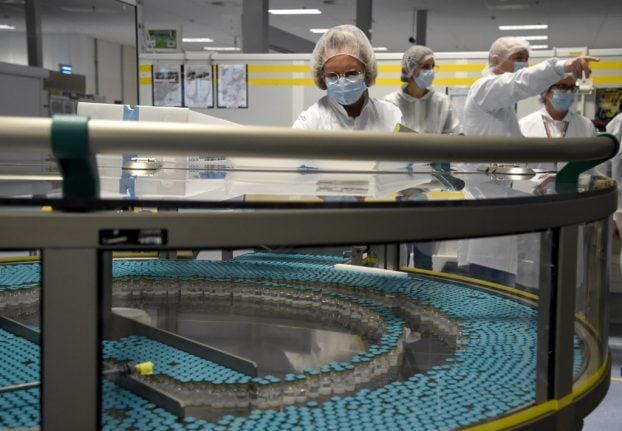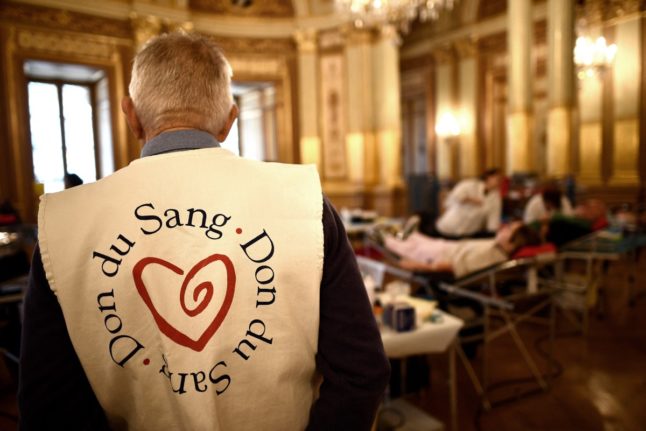The personal alarm system emits a warning sound of 85 decibels – about the same as a lawnmower – if the wearer gets too close to a colleague, according to outraged union representatives at the group.
It is set to be trialled at the French sites of personal hygiene specialist Essity, a Swedish company that makes hand soap, tissues, sanitary products and napkins.
The CFDT union denounced the alarms as “a system comparable to ones that try to dissuade dogs from barking,” adding that it would be stressful and “infantilising” for employees.
Reached for comment at the company's headquarters, spokesman Karl Stoltz told AFP that “it is just tested in France”.
Employees have been told that the alarms are for their own safety and that the devices will be deactivated in the company canteen, toilets and medical areas.
The sensors will not be personalised and do not have a system enabling the company to locate them, according to management.
The proposals are set to be discussed at a personnel meeting next week, but employees are already warning that the devices will end up like many of the company's single-use products.
Christine Duguet, a union representative from the CFDT, predicted that “they'll finish in the rubbish bins or stay in a cupboard. This is complete nonsense.”



 Please whitelist us to continue reading.
Please whitelist us to continue reading.
Member comments